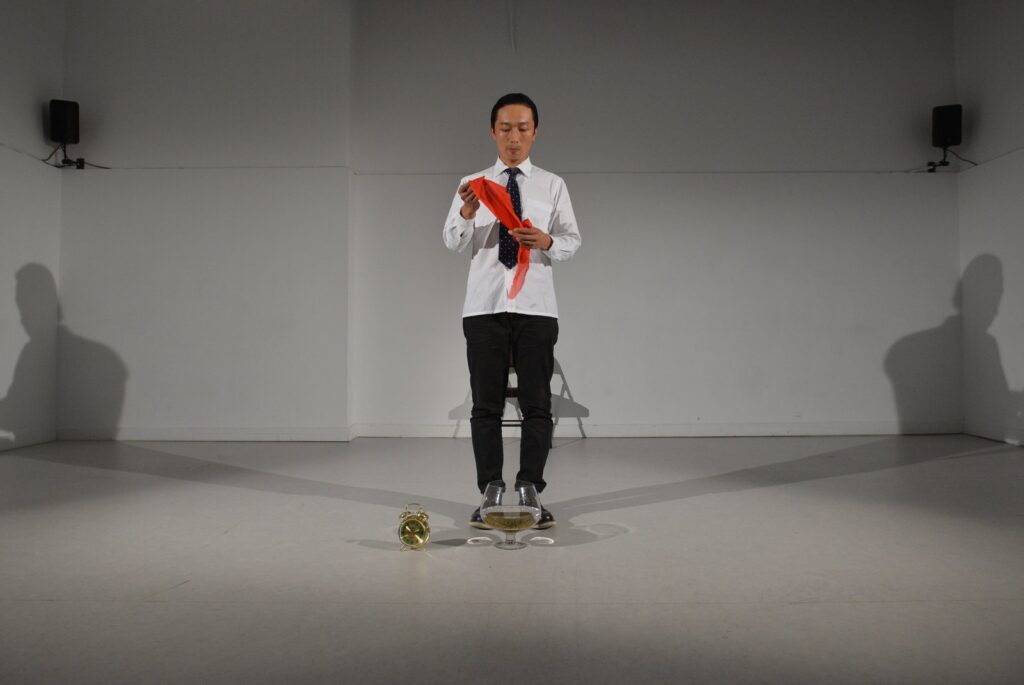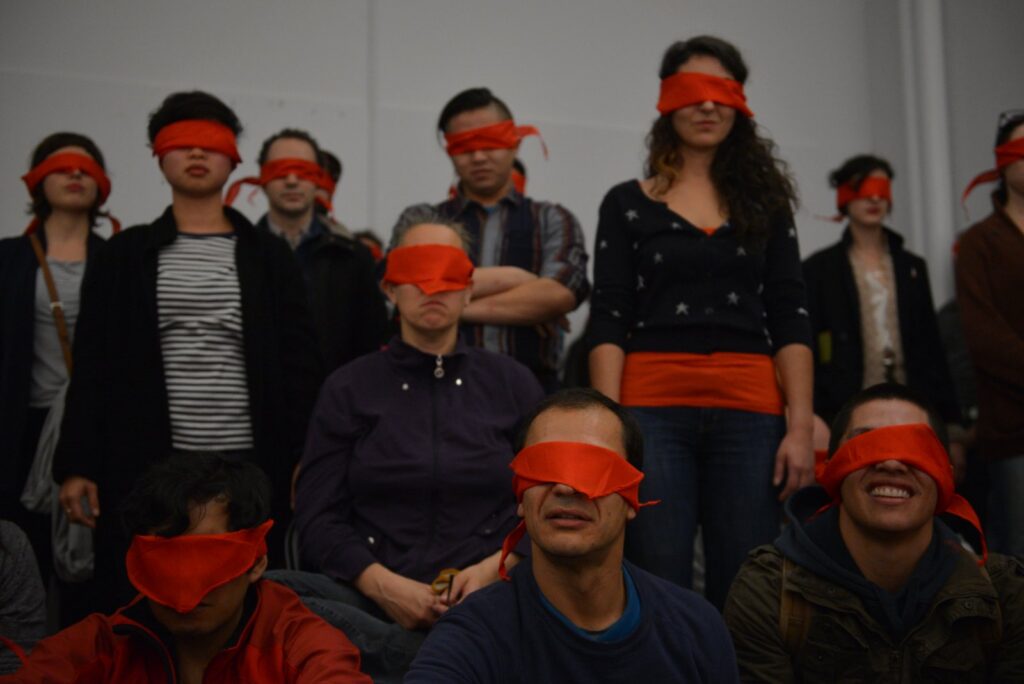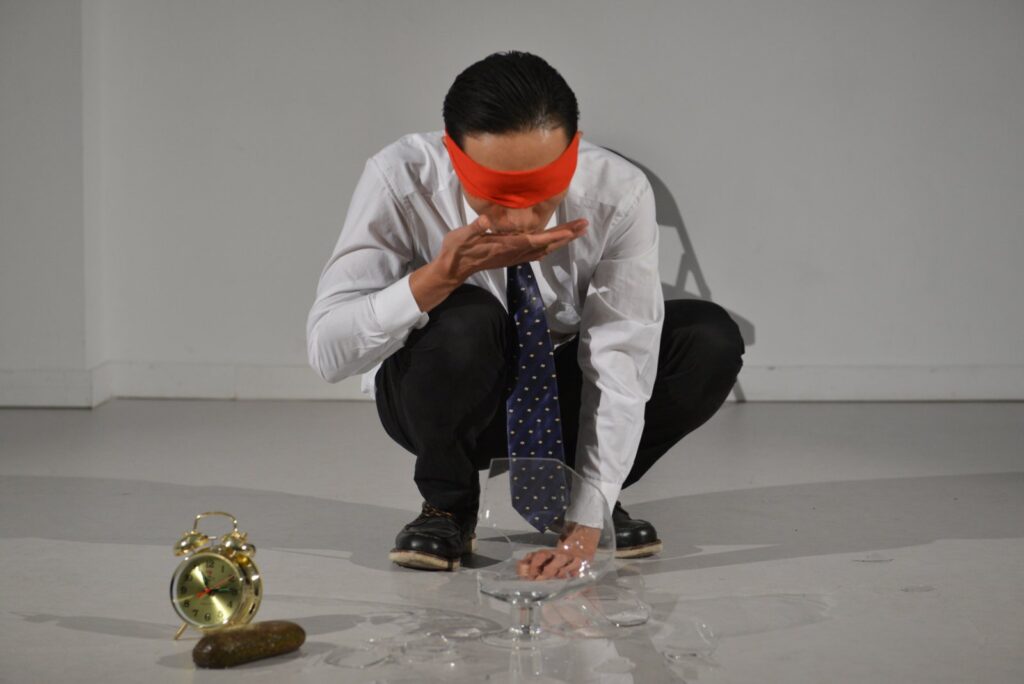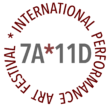By Alison Cooley



Tanya Mars graciously introduced me, last night, to former students of hers who had offered to translate for Chinese performance artist Liu Wei. She suggested I approach them after his performance with some questions. I hesitated, knowing that up until this point I have had limited contact with the artists I have written about (in some cases, we have discussed their performances after my commentary has appeared on this blog, but I have been careful to avoid tainting my immediate impressions by opening up an in-depth conversation with the artists.) I told Liu this, through his translators, and suggested that my questions needed some mulling-over before we spoke. I have decided that most of my questions are productive in themselves (as a record of my own response, shifting though its form may be), so I will record them at the end of this post, in place of a more decisive analysis. Maybe Liu and I can catch up about them after this post goes up, too. If so, I’ll let you know.
When we are shepherded into Liu’s performance, Blind fishing in troubled waters, we are each handed red kerchiefs. As we congregate around Liu’s suited, sitting figure (a thin red thread hanging from his mouth), and survey the scene, we are given instructions: when Liu puts on his blindfold, we are to do the same, and not remove it until the gold alarm clock rings. Do not cheat, do not peek.
Liu chews his way up the red thread, and the small viscerality of it sends shivers throughout the room. Reaching a standing position in front of us (with a novelty-large wine glass containing some vague brown form, and the accompanying alarm clock laid out at his feet), he dons his blindfold. We do the same, and what follows are several minutes of silence.
When the alarm sounds, we emerge. Liu, to my shock, continues blindfolded. At the base of his red thread is tied a dangling fish hook, which he is in the process of slowly elevating to his mouth with his ongoing chewing motion. After the hook enters his mouth, he reaches for the glass, removing what I now identify as a rock from inside. He tries to fit the rock into his mouth. He adjusts. I think, for a moment, he is going to try to swallow it, unhinging his jaw like a snake. Instead, he holds it in his teeth, saliva drips down, it hangs menacingly from his mouth over the glass. Inside, a few reflective movements of a goldfish disturb the water’s calm surface.
Time passes, the rock slipping in Liu’s teeth. It lingers, even as it prepares to fall. Soon, it crashes into the vessel. Glass breaks. The fish twitches then falls limp. Liu carefully lowers himself into the chaos. He fumbles blindly for the fish, which exerts magnificent efforts in its struggle. It slips between his hands, he scuffles in the broken glass for it on the wet floor. Catches it, stuffs it into his mouth. Bows.
Liu Wei, have you performed this work before? Where?
You exert control over the audience, but how much control do you have? Your audience agrees to your terms, but do they have to? What if they cheat?
What about when we regain sight and you are still blindfolded? Does control reverse? Is this an invitation for us to exercize our own choice?
Has anyone ever tried to stop you from ingesting that fish hook? That rock? That fish? Which is more dangerous? If given the choice, which should we stop you for?
How long were we blindfolded? Did our photographer, Henry Chan, see something we missed in that time?
And what about photographs? Do they betray the terms of the social contract you implicitly set out with the audience? Does this contract have to be spoken?
How do we know to follow your rules? How do we become so massively complicit?
